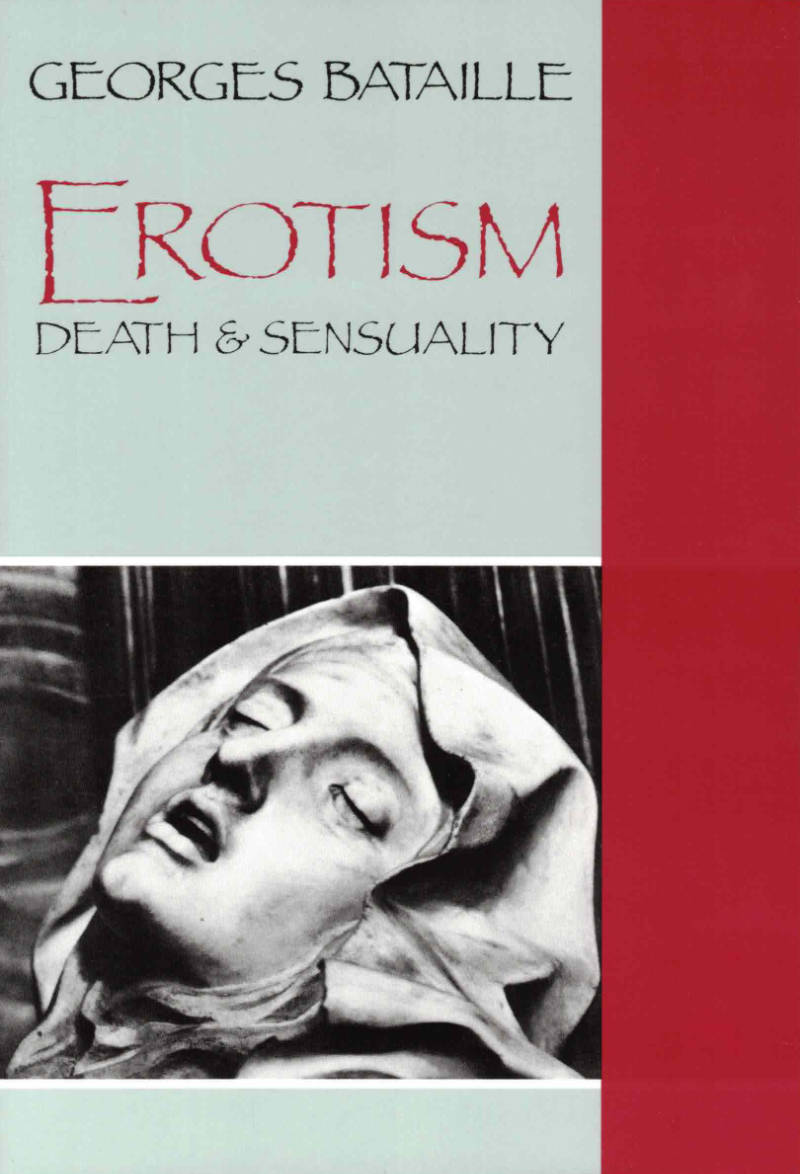
Funeral Diva
In this collection of personal essays and poetry, acclaimed poet and performer Pamela Sneed details her coming of age in New York City during the late 1980s. Funeral Diva captures the impact of AIDS on black queer life, and highlights the enduring bonds between the living, the dying, and the dead. Sneed's poems not only converse with lovers past and present, but also with her literary forebears - like James Baldwin, Toni Morrison, Audre Lorde - whose aesthetic and thematic investments she renews for a contemporary American landscape. Offering critical focus on matters from police brutality to LGBTQ+ rights, Funeral Diva confronts the most pressing issues of our time with acerbic wit and audacity.
Poet, professor, and performer, Pamela Sneed is the author of Sweet Dreams, Kong, and Imagine Being More Afraid of Freedom than Slavery. She was a Visiting Critic at Yale, and at Columbia University's School of the Arts, and is online faculty at Chicago's School of the Art Institute teaching Human Rights and Writing Art. She also teaches new genres at Columbia's School of the Arts in the Visual Dept. Her work is widely anthologized and appears in Nikki Giovanni's, The 100 Best African American Poems.
Published October 2020
Funeral Divais the Winner of the Lambda Award for Lesbian Poetry.
Language: English







